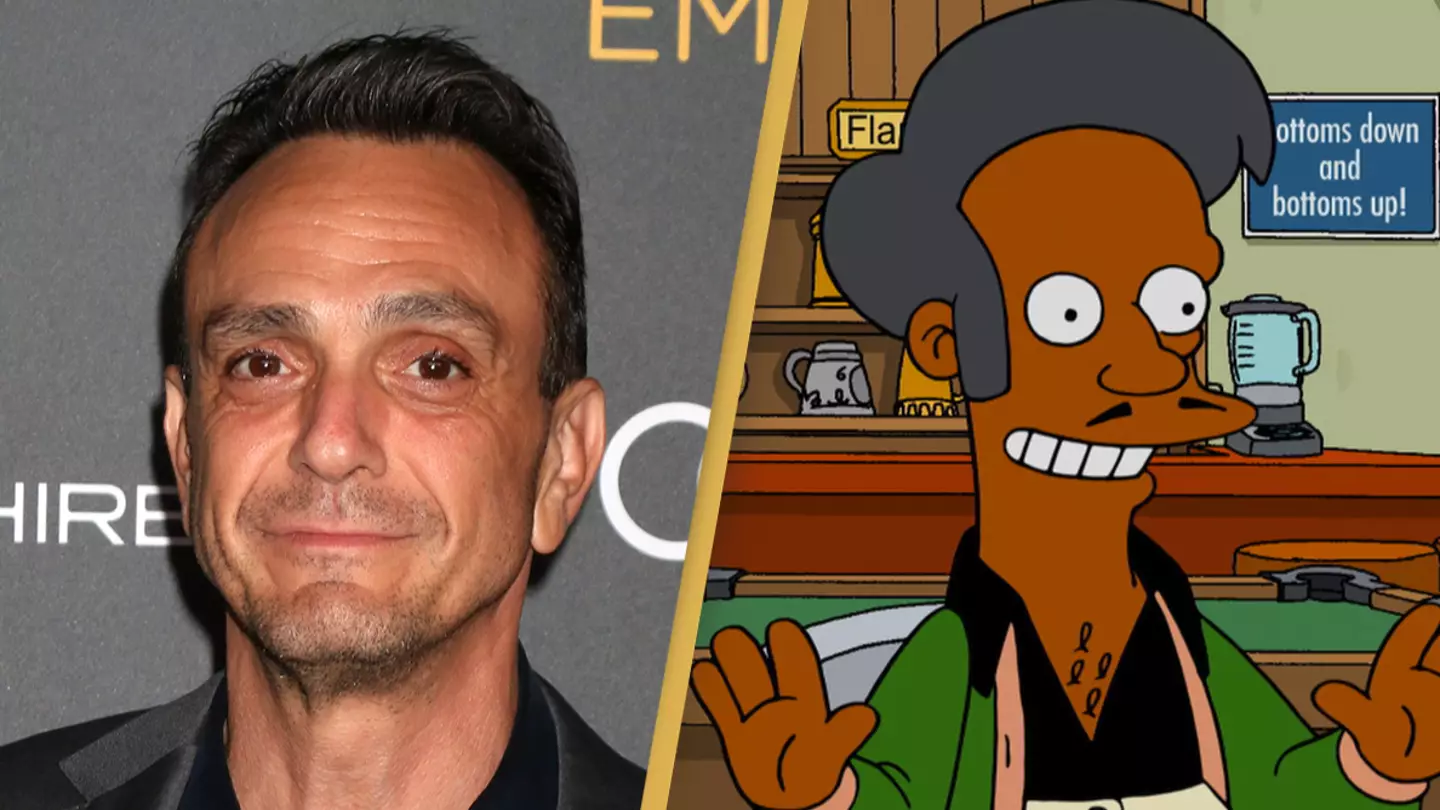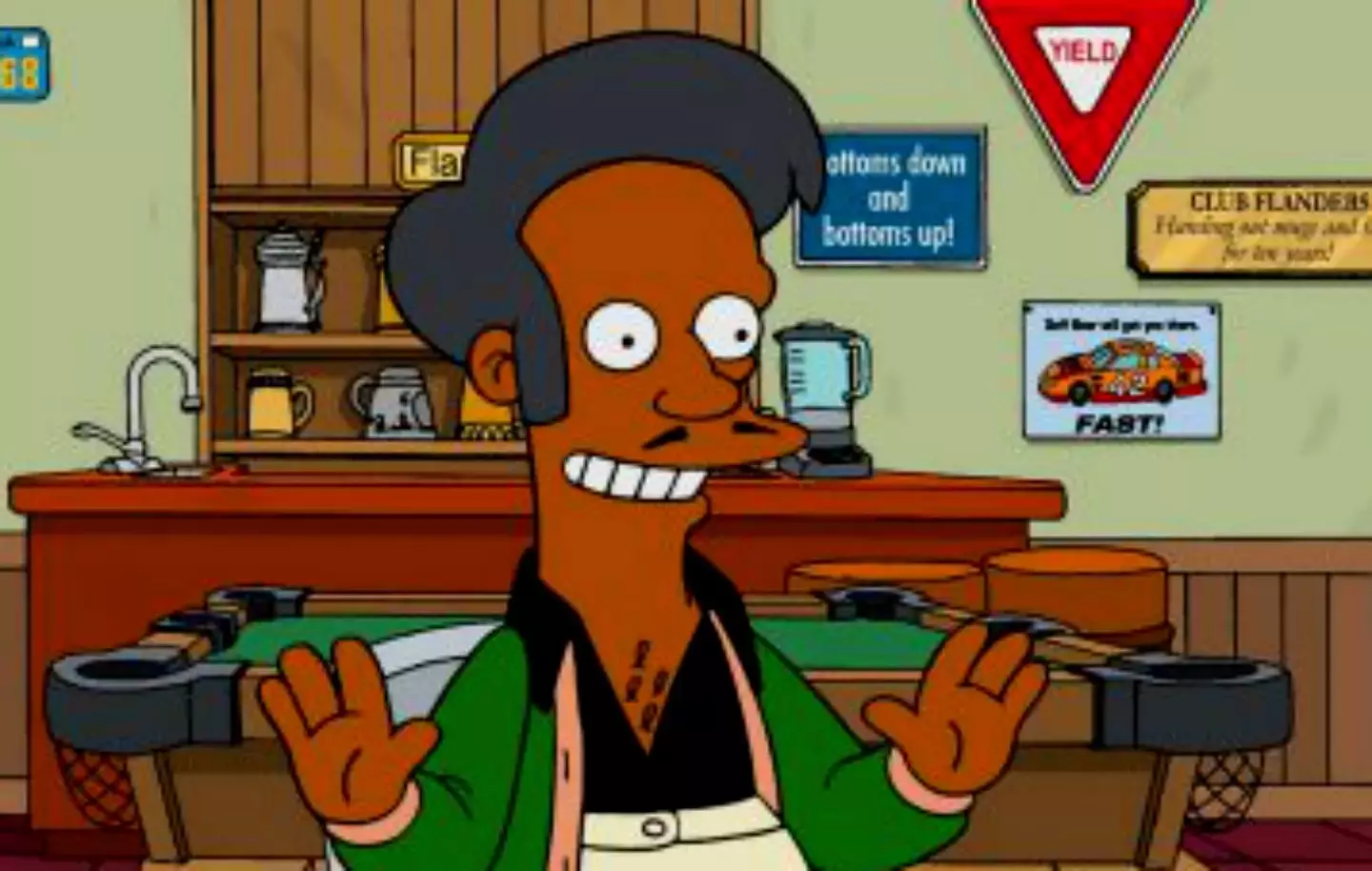
The Simpsons voice actor Hank Azaria has admitted it ‘sucks’ that the Indian accent he used for Apu ‘caused pain’ in a new podcast.
Azaria, who is white, provided the voice for Kwik-e-Mart owner Apu Nahasapeemapetilon from 1990 until 2017, when the character became more of a background feature.
In 2017, Indian comedian Hari Kondabolu created a documentary film, The Problem with Apu, which explored negative stereotypes and racial microaggressions against people of Indian and South Asian descent. He asked a group of people of Indian descent if they had been called Apu before and many raised their hand.
Advert
Azaria - who also voices the characters Moe Szyslak, Chief Wiggum and Comic Book Guy in the iconic animated sitcom -recalled the moment he started playing Apu and when he realised his performance was offensive many years later.

“And then that week or the following week, there was an Apu line and it was just written as clerk. And the producer - the director I was working with at the time said: "Can you do an Indian accent?" And I said: "Well, I can try and did my version of an Indian accent," and that was it,' he told NPR’s Code Switch podcast.
“'The only really Indian accent that I had context for, apart from guys who worked at the 7-Eleven that I was near in LA, was Peter Sellers in The Party," he said. "It was an homage to that, you know, one of my heroes.”
Azaria was approached by Kondabolu to appear in his documentary, and even though he declined, he says the documentary ended up becoming a huge learning curve.

“All of that's in Hari's documentary and what he - and in his routine and what he talks about. And other things he talks about, too - I was like: ‘Is that real?’,” he said of the controversy. “I wasn’t sure.”
He continued that he didn’t realise how many people found Apu offensive until after 'I watched the doc' and said Apu was just the 'tip of the iceberg.'
“It's symbolic of a much larger dynamic. If nothing else, watching the doc, I was like: ‘Oh, I admire all these performers. A character I did - I, like, hindered them? I caused them pain? I actually actively made their path harder? That sucks.
"That was one of the first things that really came home to me and made me go: "Okay, that's real. That would be real."'
Topics: The Simpsons, Film and TV
